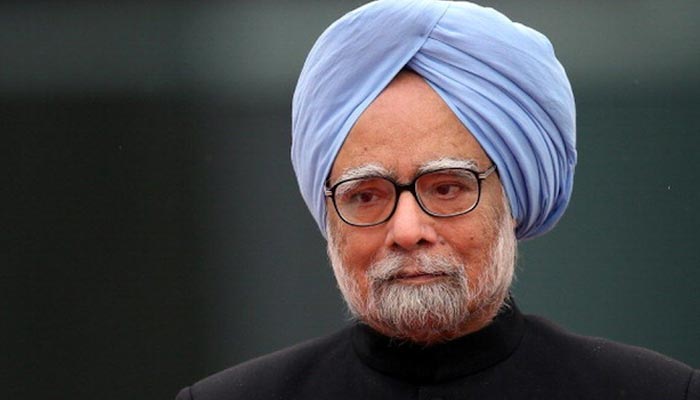India has bid farewell to one of its most influential economic visionaries, former prime minister Manmohan Singh, who passed away at the age of 92 on Thursday.
Renowned for his calm demeanour and insightful leadership, Singh was instrumental in shaping India’s economic trajectory and contributing to global economic reforms. As the chief architect of India’s 1991 economic liberalisation, his transformative policies not only steered the nation away from a severe financial crisis but also positioned it as one of the world’s fastest-growing economies.
1991 CRISIS AND THE EMERGENCE OF ECONOMIC REFORMS
India’s economy was in dire straits in 1991, on the brink of default, with soaring fiscal deficits and rapidly depleting foreign exchange reserves. At this critical juncture, Manmohan Singh, then the Finance Minister under Prime Minister PV Narasimha Rao, stepped in with radical reforms that would change the course of the nation’s economic trajectory.
His decision to devalue the rupee, dismantle the Licence Raj, and open India up to foreign investment were revolutionary. These policies not only helped India avert a sovereign default but also restored investor confidence, leading to a period of rapid growth.
Singh’s reforms went beyond economic stabilisation. His vision extended to inclusive development that focused on reducing poverty, creating jobs, and improving the overall standard of living for millions of Indians.
Under his leadership as prime minister from 2004 to 2014, India saw consistent economic growth, lifting approximately 300 million people out of poverty. His policies focused on social equity and aimed at improving access to education, healthcare, and employment for all sectors of society.
IMPACT ON INDIA’S GLOBAL STANDING
Manmohan Singh’s legacy extends far beyond India’s borders. His tenure also saw the historic India-US civil nuclear deal, which marked a new chapter in international diplomacy and underscored India’s rising global stature.
It is worth noting that Singh’s reforms contributed to India’s emergence as a major global player in the 21st-century economy. He had stressed on the fact that economic reforms were not mere reactions to crises but were part of a long-term vision aimed at prosperity.
His efforts helped integrate India into the global economy, making it a vital member of the international financial system. In other words, Manmohan Singh’s contribution to the global economy is immeasurable. As the architect of India’s economic rise, his legacy will continue to inspire future generations of policymakers and leaders.

